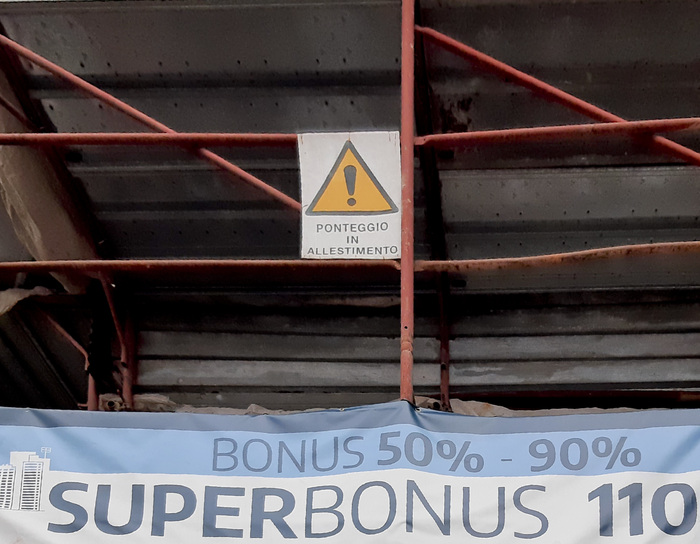Superbonuses and facade bonuses and, to a lesser extent, the Transition 4.0 incentives "have had a marked impact on public accounts, also leaving a heavy legacy on the future, with a difference between the results and expectations that is "macroscopic in the case of the Superbonus" and which is "unprecedented", above all for the expansion of the objectives and the repeated extensions. This is what the PBO underlines in the memorandum on the bill being examined by the Senate,
the amount of the Superbonus in the period 2020-23 was approximately 170 billion. What was recorded in terms of economic competence in the four-year period 2020-23 will impact, at a debt level, above all on the three-year period 2024-26: an annual average impact of 0.5% of GDP in the three-year period 2021-23 will be followed by a higher burden equal to approximately 1.8% in the following one.
The explosion of the costs of the Superbonus pushes us to rethink the benefits, firstly hypothesizing a rate that "encourages worthy behavior" without placing the expense "entirely at the expense of the State". Furthermore, the benefit "should be selective with regard to both the incentivized activities and the beneficiaries" and should be subjected to "preventive authorisations" without automatic mechanisms, writes the PBO, suggesting replacing the current benefit "with a monetary transfer (a direct contribution to spending), modulated based on the economic condition of the family unit and the energy class of the building, subjected to prior authorizations and subject to a spending limit, or with subsidized loans".

